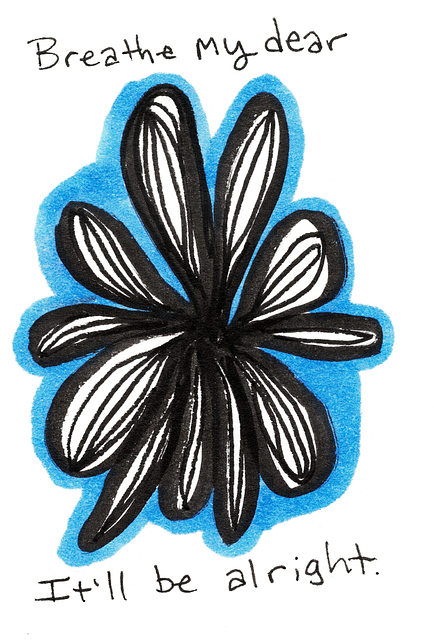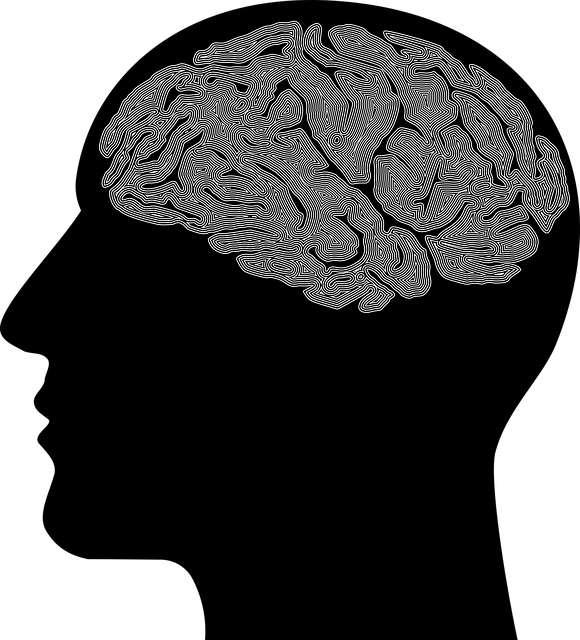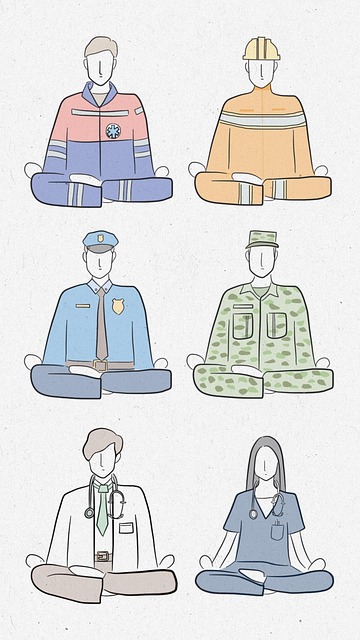The Boulder Stress Management Therapy (BSMT) method offers a culturally sensitive approach to mental healthcare, addressing diverse needs through Mind Over Matter principles, Social Skills Training, and Self-Awareness Exercises. By integrating traditional healing methods and personal narratives, BSMT creates inclusive spaces for trauma survivors and those facing cultural barriers. This evidence-based model combines mindfulness, CBT, and resilience building to enhance well-being, while community outreach ensures tailored support for diverse communities, promoting holistic mental health.
Cultural sensitivity is a cornerstone of effective mental healthcare. In today’s diverse society, understanding cultural diversity is essential for practitioners aiming to deliver quality care. This article explores this critical aspect through three key sections. We begin by dissecting the concept of cultural diversity in mental health, followed by an in-depth look at Boulder Stress Management Therapy—a sensitivity-focused approach proven effective. Finally, we discuss building culturally competent practices to enhance patient outcomes and foster inclusive environments.
- Understanding Cultural Diversity in Mental Healthcare
- Boulder Stress Management Therapy: A Sensitivity-Focused Approach
- Building Culturally Competent Practice for Improved Patient Outcomes
Understanding Cultural Diversity in Mental Healthcare

In today’s diverse society, mental healthcare practices must embrace cultural sensitivity to effectively support individuals from various backgrounds. Cultural diversity in mental health refers to the range of cultural beliefs, values, and traditions that exist among different communities. Recognizing and understanding these differences is crucial for providing inclusive and effective care. The Boulder Stress Management Therapy approach, for instance, incorporates Mind Over Matter principles that acknowledge the interplay between mental and physical well-being, a concept that resonates with many cultural perspectives emphasizing the mind-body connection.
When working with clients from different cultural groups, therapists can utilize Social Skills Training and Self-Awareness Exercises to bridge communication gaps and foster trust. These strategies help professionals navigate sensitive topics, understand cultural context, and tailor interventions accordingly. By embracing a culturally responsive approach, mental health services can become more accessible and beneficial for all individuals seeking support, ensuring that no one feels left behind in their pursuit of mental well-being.
Boulder Stress Management Therapy: A Sensitivity-Focused Approach

Boulder Stress Management Therapy (BSMT) is a unique approach that prioritizes cultural sensitivity within mental healthcare. This therapy model recognizes and values the diverse backgrounds, beliefs, and experiences of individuals seeking support for stress and anxiety. By incorporating culturally responsive practices, BSMT aims to create a safe and inclusive environment, ensuring that traditional healing methods and personal narratives are respected and integrated into the therapeutic process.
The focus on sensitivity is particularly beneficial for those who have experienced trauma or cultural barriers in accessing mental health services. By adapting techniques like mindfulness and cognitive-behavioral therapy (CBT) to be more inclusive, BSMT promotes positive thinking and anxiety relief while acknowledging the complex interplay of societal influences and personal struggles. This approach fosters trust and encourages open communication, allowing individuals to receive tailored Trauma Support Services that resonate with their cultural identities.
Building Culturally Competent Practice for Improved Patient Outcomes

In today’s diverse and interconnected world, building a culturally competent practice is paramount in mental healthcare. This involves understanding and appreciating the unique cultural backgrounds and values of each patient, which can significantly impact their experiences and outcomes. By incorporating strategies such as resilience building and coping skills development tailored to individual cultural needs, therapists in Boulder Stress Management Therapy can foster stronger connections with their clients. This not only enhances the therapeutic process but also leads to improved patient engagement and satisfaction.
Community outreach program implementation plays a crucial role in this endeavor. Engaging with diverse communities, understanding their specific challenges, and offering culturally sensitive support services are essential steps towards creating an inclusive healthcare environment. Through such initiatives, mental health professionals can ensure that their practices effectively address the holistic well-being of patients from various ethnic, cultural, and socioeconomic backgrounds, ultimately contributing to better overall outcomes.
Mental healthcare professionals can greatly benefit from adopting a culturally sensitive approach, as it fosters better patient outcomes. By understanding and respecting cultural diversity, practitioners can create an inclusive environment using techniques like Boulder Stress Management Therapy, which focuses on individual needs while considering cultural contexts. This sensitivity-driven practice empowers patients, leading to improved mental well-being. Embracing cultural competence is key to enhancing care and ensuring everyone receives the support they need.














